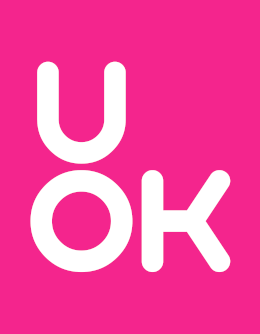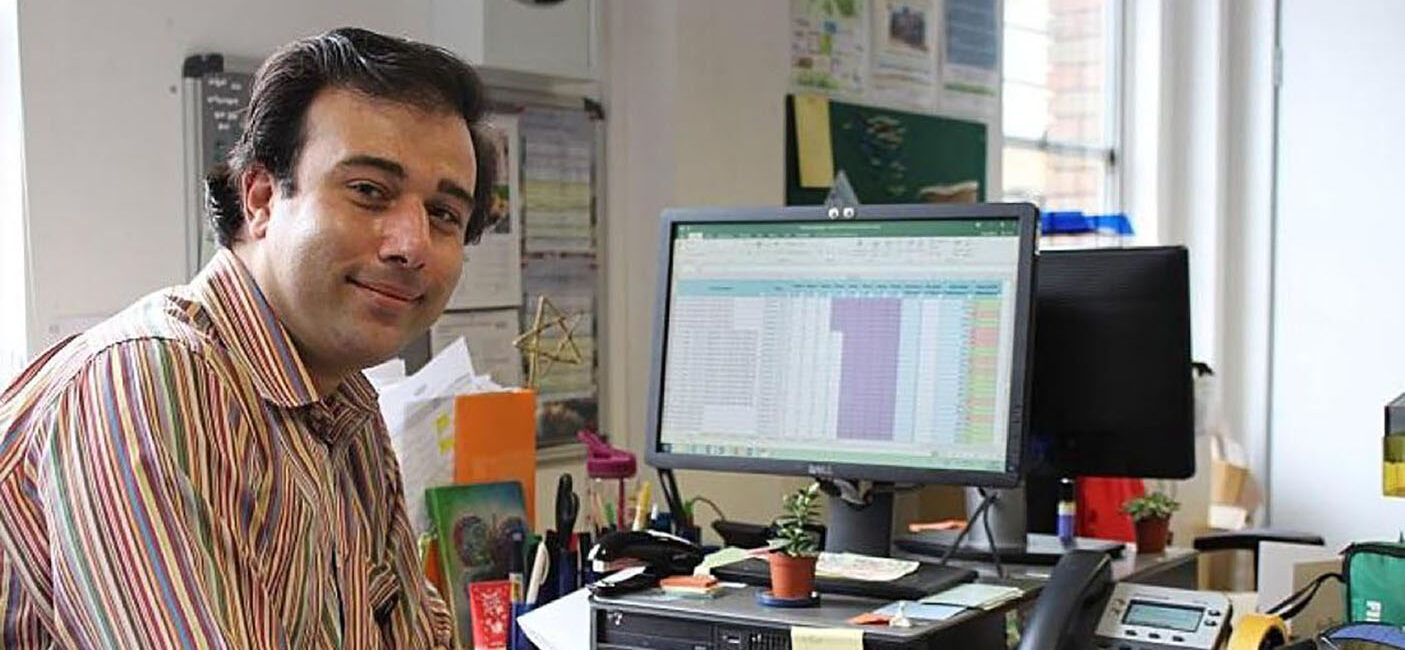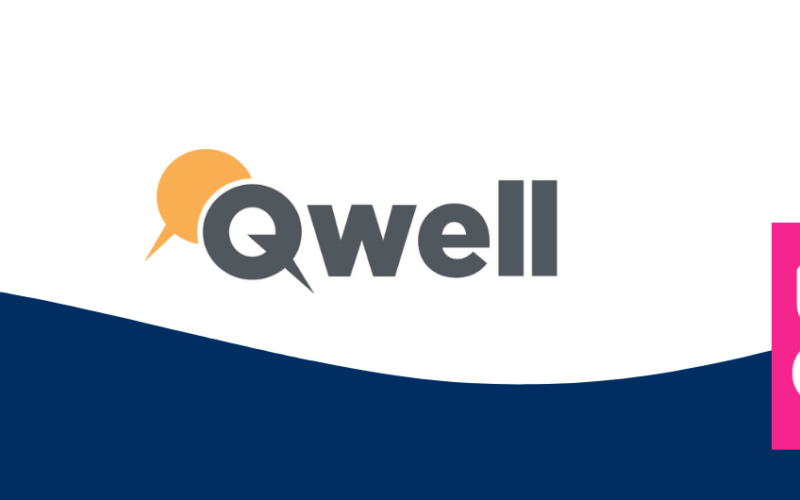My advice to people in a similar situation to me is to not push themselves beyond what they can cope with, but to consider that they may be more capable than they believe.
For many years, I had a belief that I wasn’t going to recover and be able to cope with voluntary or paid work. I used to feel shame when I was out of work; I’ve even physically run away from the question, “And what do you do?” before!
Work helps with my self-esteem and that in turn helps me cope with the different parts of depression and anxiety. I can draw on it as evidence that I can do things.
I’m the Data and Administration Assistant at the Recovery College.
I help keep the wheels greased behind the scenes to make sure the College runs efficiently. My role helps keep information flowing.
I prepare administrative materials for the Trainers, such as the welcome and course packs and I create the registers. I also communicate with our students in a variety of ways to suit their preference; some students don’t want to be contacted by phone because it causes anxiety so there are usually mass email and postal mail-outs of information.
Other duties include maintaining the attendance register, creating graduation certificates, collecting course feedback forms and entering the data into spreadsheets. I also highlight any feedback from students on areas in which we can improve and collect positive feedback which can be included in the College prospectus.
I’ve got experience in writing, editing, and graphic design, so in the past I proof-read the prospectus and other College publications and helped design the flyers.
The biggest added value that I try to bring to the Recovery College is my background in computer science. We have limited resources so it feels good to use my skills for the benefit of the College.
For example, I’ve written a program that has turned a task which used to take a couple of people several days to do into one which takes just 15 seconds now that it is automated.
Like many of the staff at the Recovery College, I’ve experienced significant mental health issues myself. I’ve had depression and anxiety for over a decade which prevented me from working.
I ended up being referred to an Employment Specialist at Southdown. We’d been meeting for several months when she brought up the idea that the Recovery College could benefit from my skills.
She talked about the co-production model and how there was a great deal of understanding of mental health challenges and that it was extended to staff members too. That helped me get the courage to apply as a volunteer.
When I got the message that I had been accepted to volunteer for the administrative team I was terrified and a little bit excited. Thankfully the terror lessened and the excitement grew! The team were incredible in enabling me to do the job and making adjustments for me.
Now, I am a paid employee at the College. Whilst I still find part-time work challenging and I don’t know if I’m ready to work full-time, it’s something that I can now consider. It can be a goal for the medium term and not something that might only happen in another decade’s time. I have a lot more hope for the future.
It’s very inspiring and positive to think that I help the people who support our students. The Recovery College is many things to many people. It can be anything from important to a lifeline. For some people it’s a part of their maintenance routine or source of support. For a great number of students it may be one of their only sources of social contact or support for learning about their condition.
My advice to people in a similar situation to me is to not push themselves beyond what they can cope with, but to consider that they may be more capable than they believe.
A volunteering role comes with as much commitment as you can or want to provide. You always have the ability to step back, but you might find it will help you step forward.
Delivered as a partnership with the Sussex Partnership NHS Foundation Trust, the Brighton and Hove Recovery College uses education in a supportive learning environment to help people with mental health challenges become experts in their own self-care and recovery. The College provides a wide range of courses which are co-produced and co-delivered by people with lived experience of mental health challenges and are delivered in community and educational venues across Brighton and Hove.


